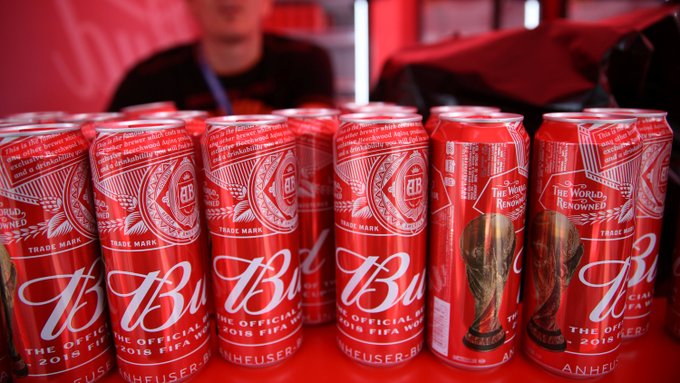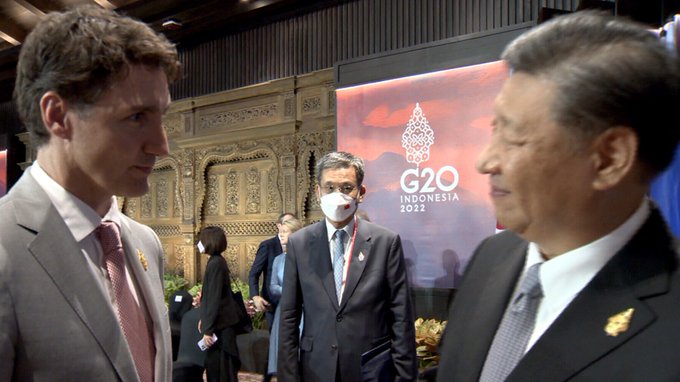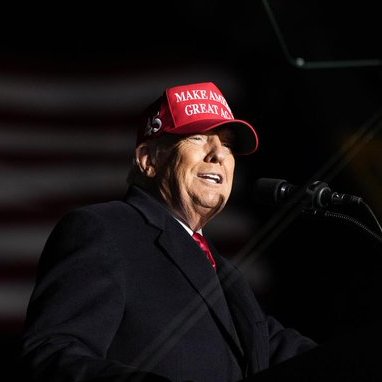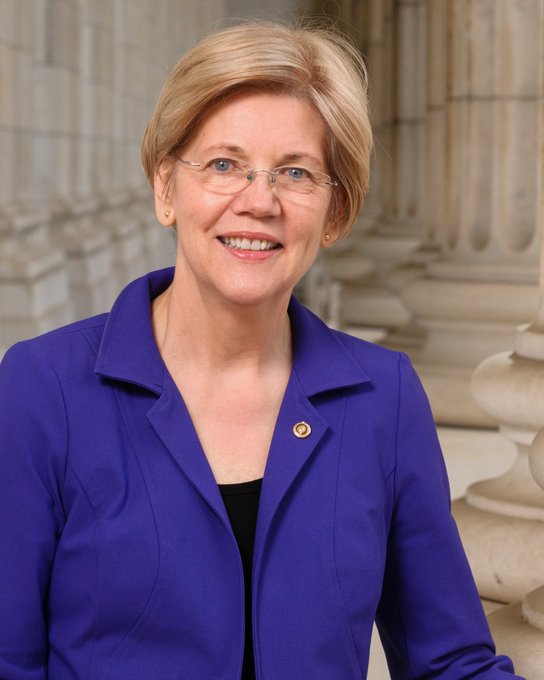Qatar banned selling Budweiser beer at WorldCup stadiums
Qatar dramatically changed its alcohol policy for the World Cup and decided not to sell alcohol and Budweiser beer within the Worldcup stadiums. Previously, they chose to permit Anheuser-Busch InBev NV to sell Budweiser. FIFA has a 75 million dollar sponsorship deal with Budweiser, and they will face a massive loss after this decision.
NEWS: Qatari officials have abruptly reversed course, banning alcohol sales in and around all 8 World Cup stadiums.
— Front Office Sports (@FOS) November 18, 2022
FIFA has a $75 million sponsorship deal with Budweiser, and the tournament begins in 48 hours. pic.twitter.com/0QiCfvQfQC
The choice will probably bring about moving snack bars serving liquor further away from the WorldCup stadiums, the individual said. The competition, regularly the world’s biggest game and ten years in preparation, starts off Sunday with Ecuador Vs. Qatar matchup.
The transition to boycott liquor deals inside stadiums is a turnaround from Qatar’s past position. The Supreme Committee on Delivery had guaranteed liquor would be accessible in assigned “fan zones” outside arenas and other hospitality places.
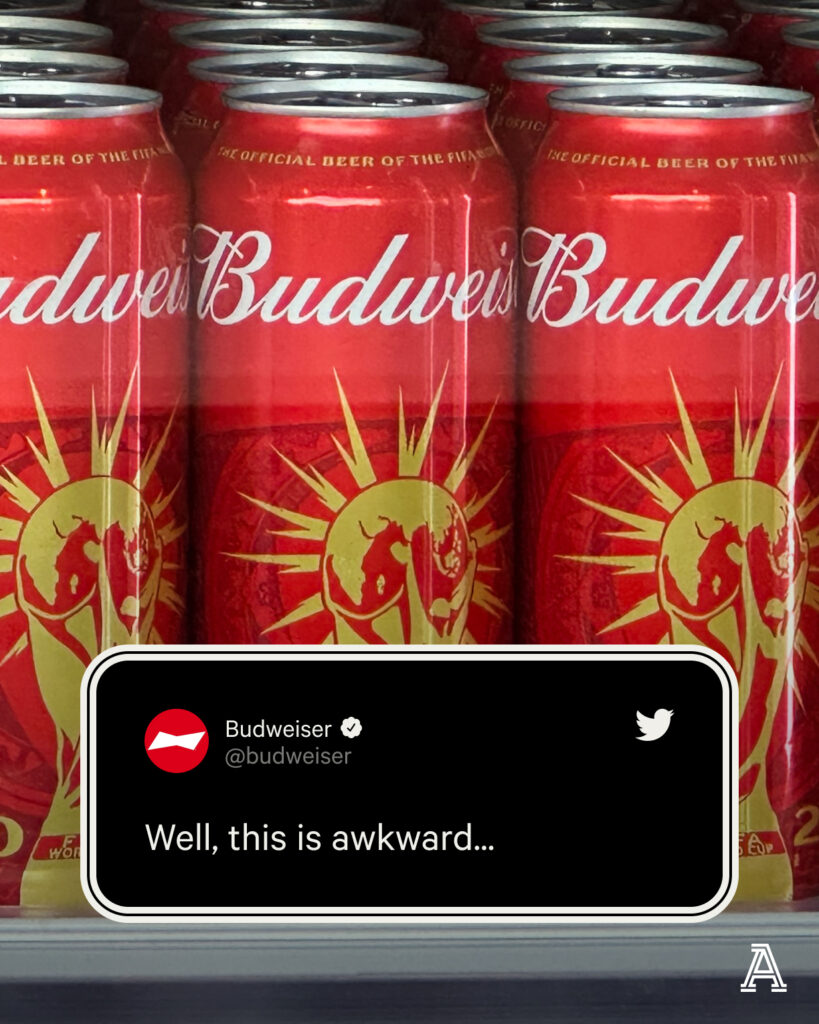
Delegates for FIFA and Qatar declined to remark, and a representative for InBev couldn’t be gone after the remark. AB InBev and FIFA authorities have recently said they’re attempting to make an environment that is “respectful” toward Qatar’s traditions and customs while, as yet, making liquor accessible for the people who need it.
The competition has proactively been plagued with contentions, going from planning complexities because of Qatar’s mid-year heat intensity to dealing with migrant travelers. Challenges could mount once fans show up and confront neighborhood standards, for example, clothing regulations requiring people to cover their bodies from shoulders to knees in numerous public spaces.
Liquor accessibility has been a specific blaze guide for analysis around FIFA’s choice to hold the quadrennial soccer exhibition in a moderate Muslim nation where public presentations of friendship, disorderliness, and drunkenness are prohibited.
The decision of Oatari officials is a significant disaster for AB InBev’s beer brand Budweiser, which sponsor the World Cup beginning around 1985. In September, it introduced its True FIFA World Cup campaign in over 70 nations, the broadest in the brand’s 146-year-old history.

